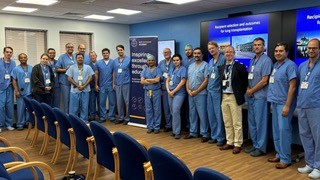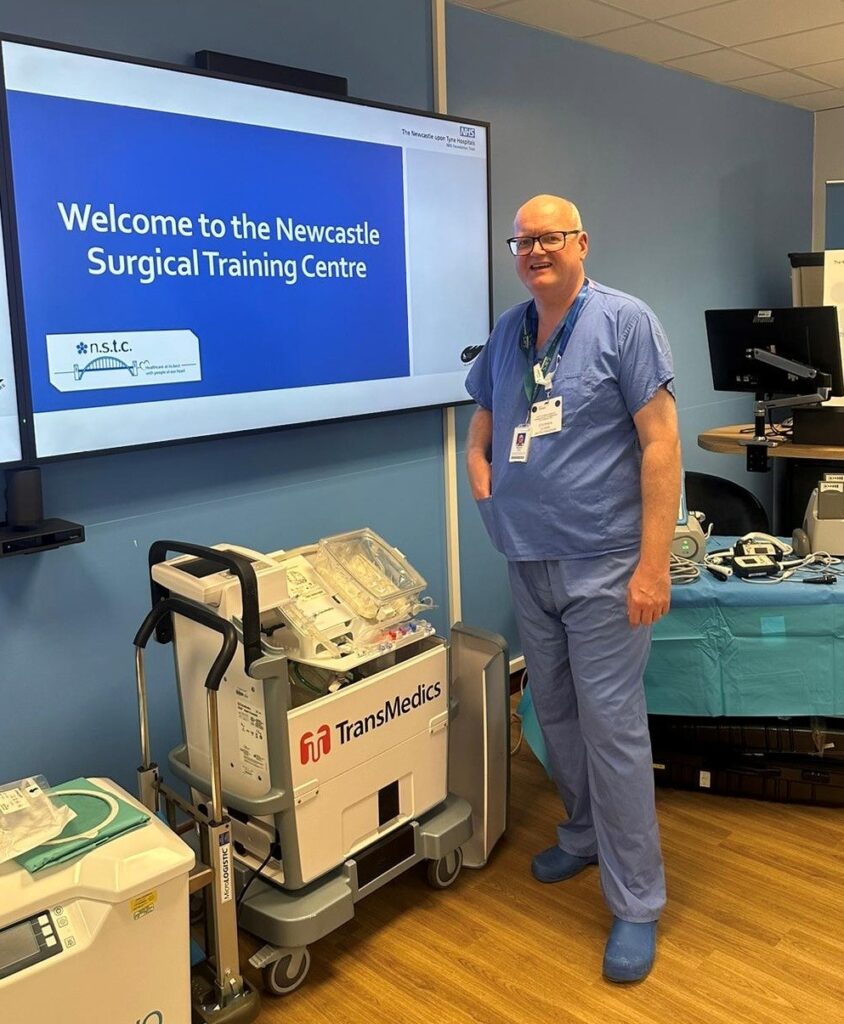DELEGATES from across the world travelled to Newcastle’s Freeman Hospital to take part in the only programme of its kind which teaches and trains surgeons how to do heart and lung transplantation.
Now in its 12th year, the intensive two-day course ‘Surgical Aspects of Cardiopulmonary Transplantation’ provides all aspects of training experience in this highly specialist field of medicine including lectures, debate and hands-on practice.

The Freeman Hospital is one of the UK’s most experienced and successful solid organ transplant centres with over 30 years of experience providing adult transplants for heart, lungs, heart & lungs, liver, kidneys, kidney & pancreas and, more recently, pancreatic islets, as well as heart and lung transplants for children.
Consultant cardiothoracic and transplant surgeon Professor Stephen Clark, who is also the course director, said: “The course has been running for 12 years in Newcastle to address an unmet need to teach and train surgeons in how to do heart and lung transplants and all the procedures allied to it including implanting heart pumps”
“Given the amazing facilities we have in the Newcastle Surgical Training Centre and the expert faculty from our own transplant programme and colleagues from Europe, we had the idea to start it here and teach surgeons in a simulated environment – so it’s as close to real life as possible in a safe and controlled way.
“The course ran locally for 10 years and was then certified and added to the portfolio of the European Association for Cardiothoracic Surgery (EACTS) Academy which is the home for the global cardiothoracic surgery community.”

Last week, surgeons from Brazil, Chile, Kuwait and eight different European countries attended the course and had the opportunity to see some of the latest cutting-edge technology and innovation around transplantation.
Professor Clark added: “Even as we widened our global reach, feedback from the course has been exceptional. It’s a lot of work but very rewarding.
“One of the special outcomes from this is that many people who come through the course go on to start cardiothoracic transplantation programmes in their own hospitals in their own countries and come to us for mentorship and advice.
“I still get photos and messages from people who have just done their first heart transplant which is great to see and that is a lasting world legacy.”
